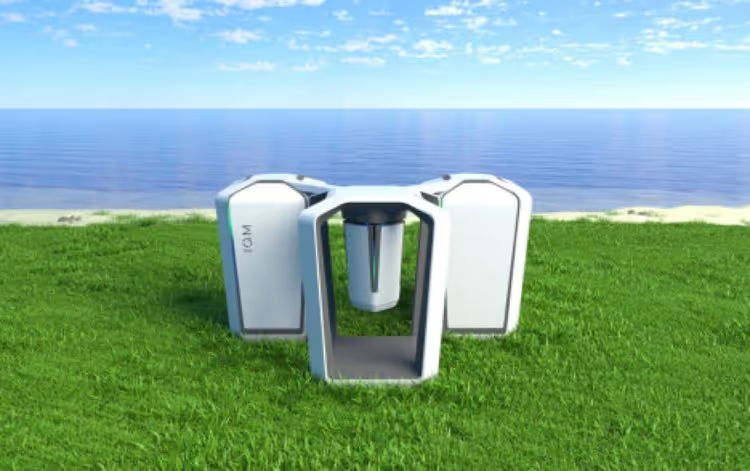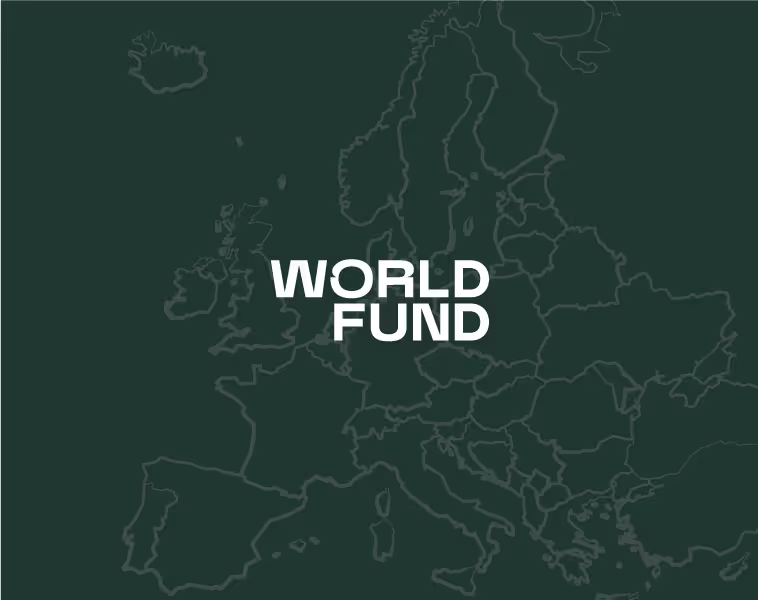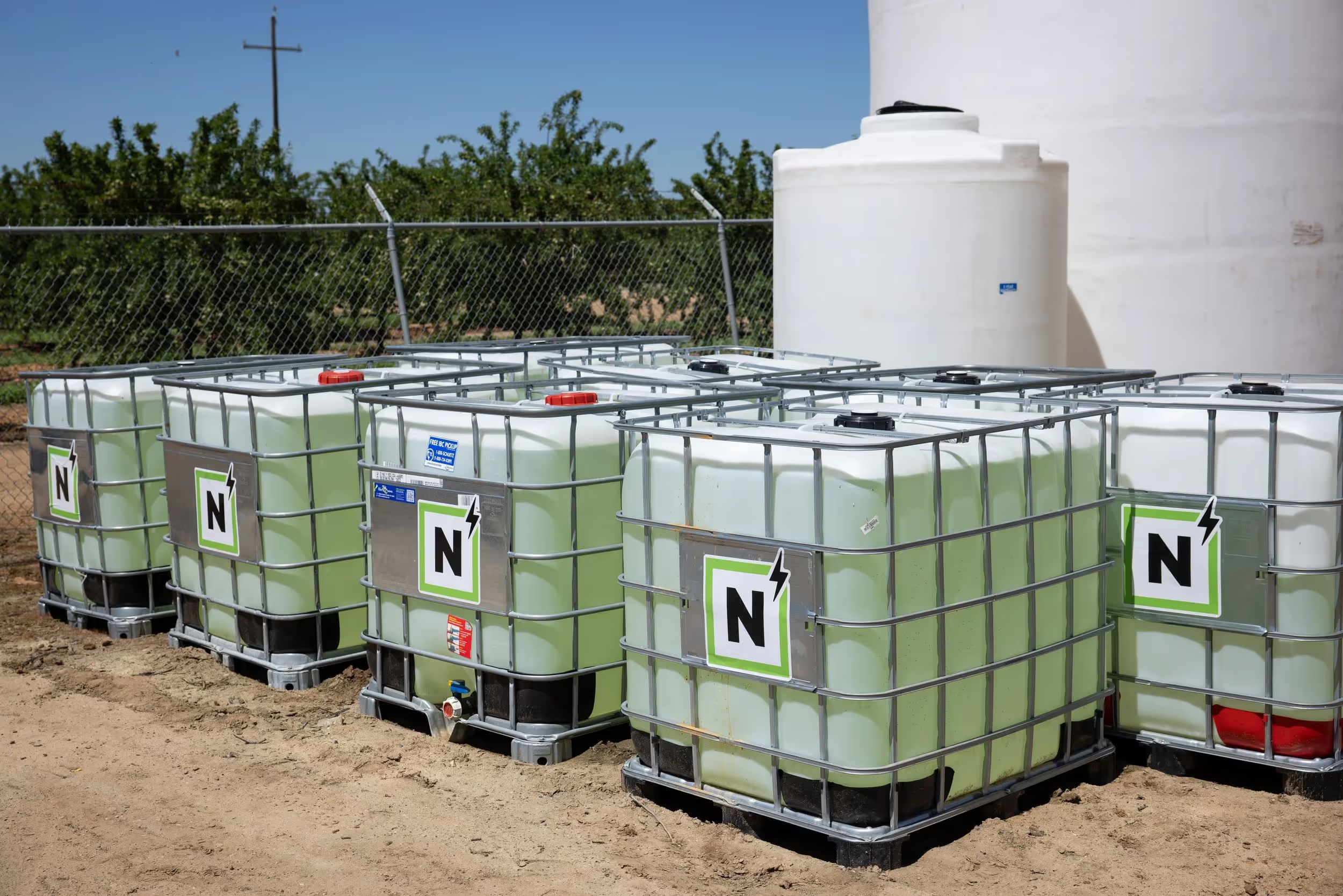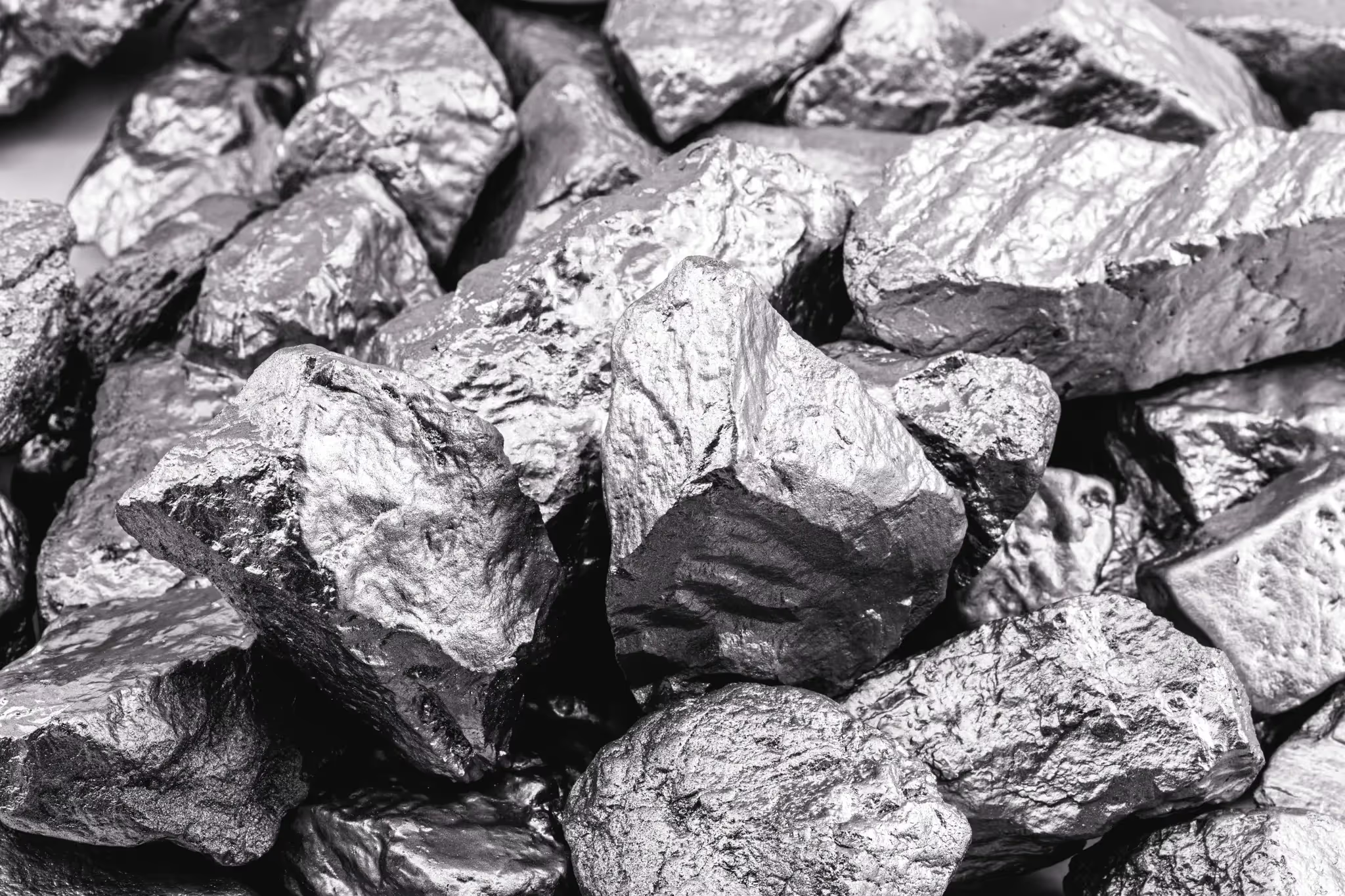Why we invested in IQM

Why we invested in IQM, the leading European company building superconducting quantum computers to help tackle the climate crisis
- With an accelerating speed, humanity is heating the planet. We are now estimated to be emitting around 60 gigatonnes of CO2e per year and thus on a path to destroy our livelihoods. Only a rapid and significant emissions reduction can prevent the worst consequences of the climate crisis.
- Our assessment found quantum computing’s climate performance potential (CPP) to amount to 600 Mt CO2e emissions per year. Other studies estimated even higher emissions’ reduction potential, up to 7 Gt CO2e. Quantum computing can help numerous climate technologies to make quantum leaps.
- IQM is the European leader in building superconducting quantum computers. The company provides on-premises quantum computers for superconducting data centres and research labs and offers full access to its hardware. IQM works closely with industrial customers to deliver quantum advantage through a unique application-specific, co-design approach.
- It has the largest industrial hardware team of world-class quantum experts in Europe, with over 640+ scientific publications and over 27,000 citations. And with Jan Götz, IQM has a CEO with all the qualities necessary to create a global leader.
- Today we are announcing that IQM has raised €128 million in Series A2 funding led by us, World Fund.
Let’s face it: We need a fundamental shift to limit global warming to a maximum of 1.5°C and prevent the worst consequences of the climate crisis. With an accelerating speed we’ve already reached around 1.3°C of global warming since industrialisation. And although we know the causes, we still emit more greenhouse gases yearly. Research by the Washington Post, based on the work of numerous international scientists, finds that we are emitting far more than the countries of the world claim: We are now estimated to be emitting around 60 gigatonnes of CO2e per year.
The worst consequences of the climate crisis could be wars, famines and the extinction of humanity. Unfortunately, this is not a dramatisation which brings us to a big problem of climate scientists: Their fear of dramatisation is one reason why their worst-case scenarios often turn out to have been too positive. The phenomenon is called Erring on the Side of Least Drama: For scientists, the brutality of the climate crisis is hard to take in, and they do not want to expose themselves to the accusation of exaggeration.
Unfortunately, without a fundamental shift, we could be on our way to a cruel future. But fundamental shifts happen.
We admit it would be presumptuous to expect quantum computing to contribute to this fundamental shift significantly. Nevertheless: it has the potential, and we must give it a chance.
In this McKinsey article, the authors conclude: “...quantum computing could help develop climate technologies able to abate carbon on the order of 7 gigatons a year of additional CO2 impact by 2035, with the potential to bring the world in line with the 1.5°C target.” And further: “Quantum computing could help reduce emissions in some of the most challenging or emissions-intensive areas, such as agriculture or direct-air capture, and could accelerate improvements in technologies required at great scale, such as solar panels or batteries.”
Quantum devices are much better at simulating real situations than current supercomputers. For example, simulation of the electrochemical processes in batteries is limited to several thousands of atoms on supercomputers. A fault-tolerant quantum computer would be able to simulate several millions of atoms, ringing in a new era of sustainable energy storage technologies.
The Climate Performance Potential (CPP) of Quantum Computing is enormous.
At World Fund, we only invest in startups that use technologies whose CPP is at least 100 megatonnes of CO2e emissions per year by 2040 at the latest. We are highly conservative in our CPP assessments. For example, we assume that by 2040 there will be huge advances in other technologies in addition to the advances in the technology we are considering investing in. Only if the delta is still more than 100 Mt CO2e per year the startup is an investment case for us.
At IQM Quantum Computers (IQM), one of the first use cases on which the Finnish company is already working, has a CPP of more than 100 Mt CO2e per year. Specifically, it involves the development of a battery, which without quantum computing would probably only be feasible towards the end of the 2030s, but with quantum computing, we hope, already at the end of this decade. This would mean not only a quantum leap for the car manufacturer with whom IQM is working on this project but also a quantum leap for the Verkehrswende.
There are many other areas in which quantum computing can help climate technologies to make quantum leaps. Here is a selection that we took a closer look at during our CPP assessment:
1. Quantum Optimization
- Logistics Intelligence Improvements can abate 165 Mt CO2e/year
- Energy grid optimisation can abate 140 - 233 Mt CO2e/year
2. Quantum Computing simulations of Chemical Processes
- Ammonia production improvements can abate 100-225 Mt CO2e/year
- Electrifying hydrogen production can abate 20-225 Mt CO2e/year
- Mimicking biological nitrogen fixation can abate >100 Mt CO2e/year
- Increasing nitrate uptake/reduce run-off can abate 100 Mt CO2e/year
3. Quantum Computing will significantly improve climate modelling
IQM’s mission statement: “We are building world-leading quantum computers for the well-being of humankind, now and for the future.”
As a spinoff of Aalto University and VTT Technical Research Centre of Finland, IQM’s core technology builds upon decades of research from the world-renowned Quantum Computing and Devices (QCD) lab. IQM also has the largest industrial hardware team of world-class quantum experts in Europe, with over 640+ scientific publications and over 27,000 citations.
Today, IQM is the leading European startup building superconducting quantum computers for HPC centres, research institutes and businesses across the continent. Since launching in 2018, IQM has become the fastest-growing quantum computer company and has cemented its position as the European leader in building superconducting quantum computers. It is also the only European company already delivering full-stack quantum systems.

Since the company was founded, IQM’s mission statement has been to use its technology for humankind's well-being, which extends to tackling the climate crisis. Lacklustre attempts by world governments and global companies to limit global warming to 1.5 degrees by 2050 have made it increasingly clear that drastic action is needed to discover the solutions that will make a difference to the planet. In the future, quantum computing could be integral to finding resolutions to climate issues due to the technology’s ability to model solutions that would previously be impossible to achieve through current levels of computing power.
Today we are announcing that IQM has raised €128 million in Series A2 funding.
Today we are announcing that IQM has raised €128 million in Series A2 funding proudly led by us, World Fund, to expand its international business and accelerate product development to tackle the world’s most pressing problems. The funding, which follows a €39m Series A1 announcement in 2020 and includes part of a €35m venture loan from the European Investment Bank (EIB) announced earlier this year, makes it the largest ever funding round raised by a European quantum computing company. The round included participation from our friends from Varma, OurCrowd, EIC Fund, Bayern Kapital, QuIC SPV, and Tofino, as well as existing investors MIG Fonds, Tesi, OpenOcean, Maki.vc, Matadero QED, Vsquared, Salvia GmbH, Santo Venture Capital GmbH, and Tencent.
The next decade is predicted to be the decade of quantum technology, with governments and organisations investing in preparing for the quantum future now. IQM is already partnering with organisations such as Atos, VTT and Infineon to develop solutions that leverage this transformative technology. To help continue its work, this new funding will be used to expand its international business operations, accelerate research and pioneer new product development.
Our co-founder Daria Saharova states: “Quantum computing holds the potential to drive the breakthroughs needed to solve the climate crisis. We are proud to lead this round and support IQM’s ambition to deliver quantum advantage to climate and sustainability goals. This investment aligns with our commitment to back only companies with the highest climate performance potential (CPP) to save two gigatons of emissions yearly by 2040 - the equivalent to 4% of all global emissions. It gives us immense pleasure to support the amazing IQM team and its founders, who have meticulously and consistently built IQM with a strong on-premises business model focused on high-performance computing centres and national quantum labs. We look forward to being a part of their growth phase towards global leadership.”
Today, hopefully, we are one small step closer to the fundamental shift we need.


.svg)
.svg)







.svg)




